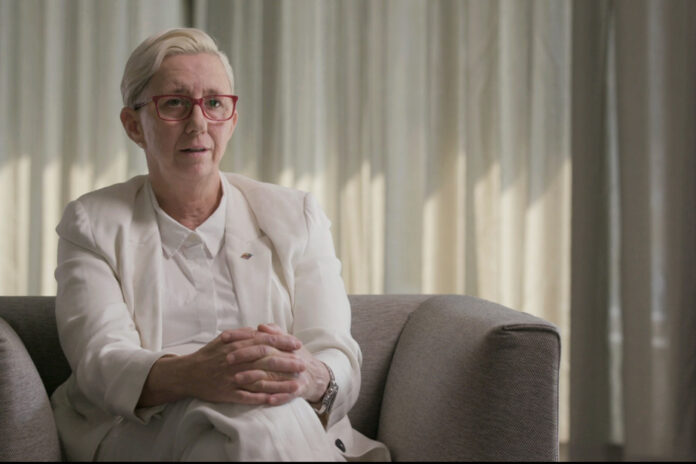For decades, the federal government has hunted down and fired thousands of its employees. Their crime? Being homosexual people. The documentary The Purge tells this story by focusing on that of three ex-soldiers.
Layoffs, destroyed lives, suicides, the consequences of what was called the “LGBT purge” within the federal public service and the Canadian army were tragic, underlines Martine Roy, a former soldier who is herself part of the victims. She is far from the only one: according to the documentary directed by Orlando Arriaga, the Royal Canadian Mounted Police (RCMP) opened approximately 30,000 files between 1950 and 1990.
This discrimination originated in the late 1940s, at the start of the Cold War, when Americans decided that homosexuals working for the government posed a threat to state security. Forced to live their sexuality in secret due to the mores of the time, gay civil servants, diplomats or spies, for example, became, according to them, likely to be victims of blackmail… and to give in to it. The Guy Burgess affair, a homosexual Englishman who became a spy for the Soviet regime, seemed to prove them right in the early 1950s.
From then on, a “witch hunt” was launched within NATO countries to flush out homosexual employees, particularly within the diplomatic corps. Here, the hunt led to the arrest of John Watkins, who served as Canadian ambassador to the USSR, and who died during interrogation to determine whether he had betrayed his homeland following blackmail. on him because of his homosexuality.
In the 1950s and 1960s, being gay was criminal. “It was obvious to people at that time that we wouldn’t want to have criminals working for the federal government,” says lawyer Douglas Elliott, who led the class action by victims of the LGBT purge . Hence, undoubtedly, the effort that was made to flush out and remove homosexuals from the Canadian army.
The main part of the documentary thus focuses on the story of three of them. Martine Roy, who was a soldier, Lucie Laperle, who was the first woman to be part of the military police, and Steven Deschamps, also a former soldier.
What is astonishing is that all three suffered humiliating, sometimes downright violent, treatment in the 1970s and 1980s, when homosexuality was decriminalized in 1969 by the Trudeau senior government, which claimed that the state had nothing to do with people’s bedrooms.
“When I enlisted, at 18, I wasn’t gay and I wasn’t gay, I was nothing! », says Lucie Laperle, who experienced her first homosexual adventure – but also a rape – in the Canadian Armed Forces. Steven Deschamps also says that his sexuality did not occupy an important place in his life during adolescence and early adulthood. Living the military life was much more important to him.
Martine Roy recounts having had a boyfriend in the army before meeting a woman there, who advised her to keep her lover so as not to get caught. “That’s when I realized it was dangerous,” she says, because although homosexuality was no longer a criminal offense in the country, the military felt that its members, whether gay or lesbians, were still a national security risk. Private Martine Roy, like Lucie Laperle and Steven Deschamps, was arrested and interrogated until she broke down. Then the army threw her away.
Martine Roy and Steven Deschamps admit to having gone through difficult years during which they fell into alcohol and drugs because they were victims not of their incompetence – they knew they were competent – but of what they are.
The strength of Orlando Arriaga’s documentary lies essentially in these three testimonies, which are both emotional and very eloquent and which make us imagine what thousands of other Canadians, in the army and elsewhere in the public service , suffered over the many years during which this discriminatory policy was maintained.

